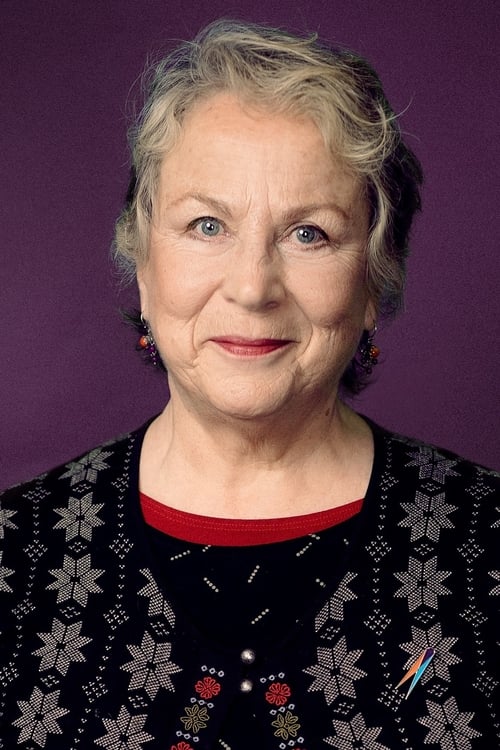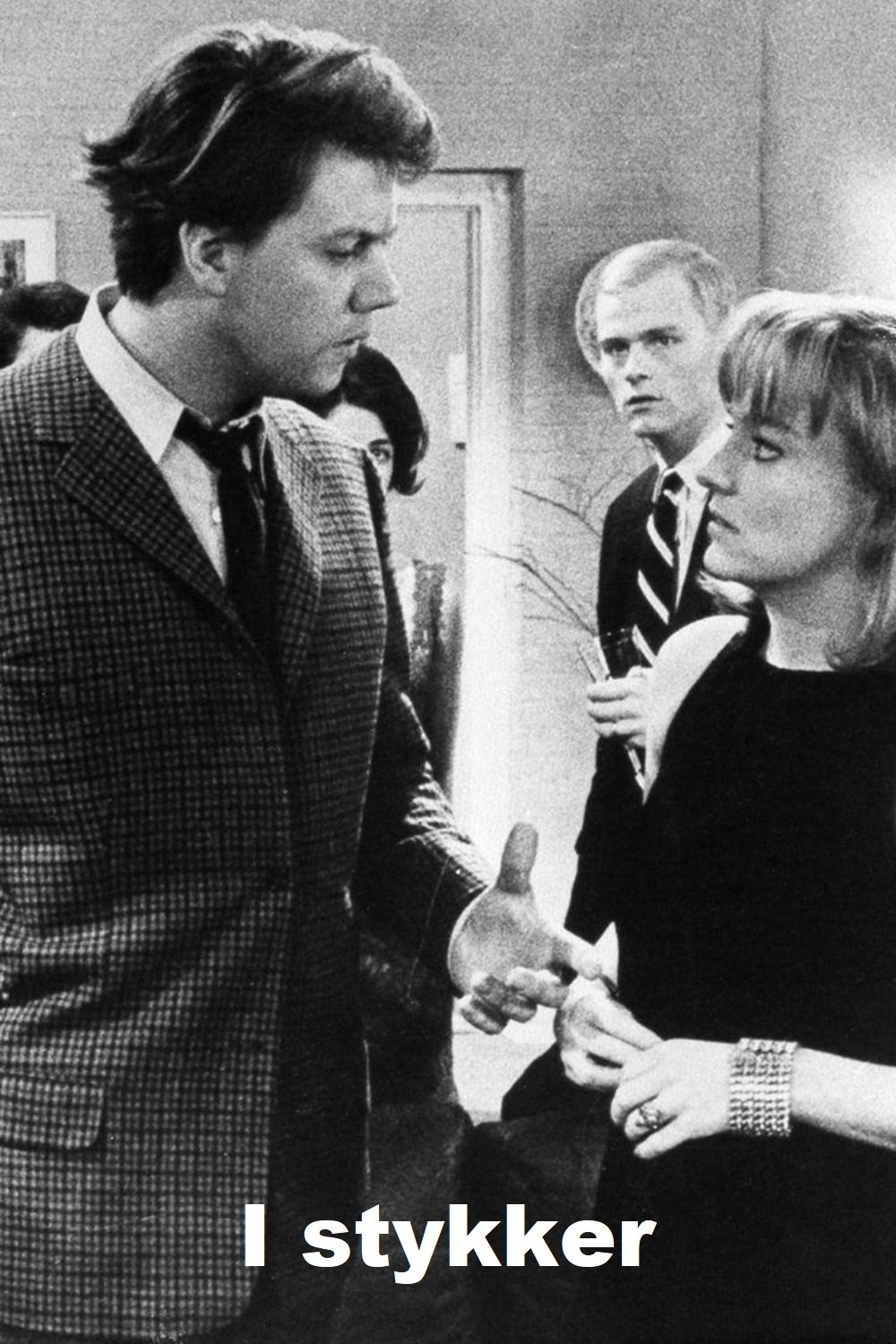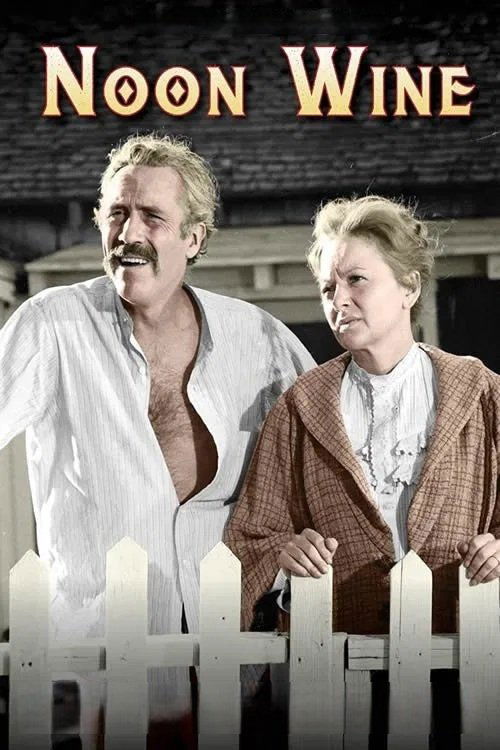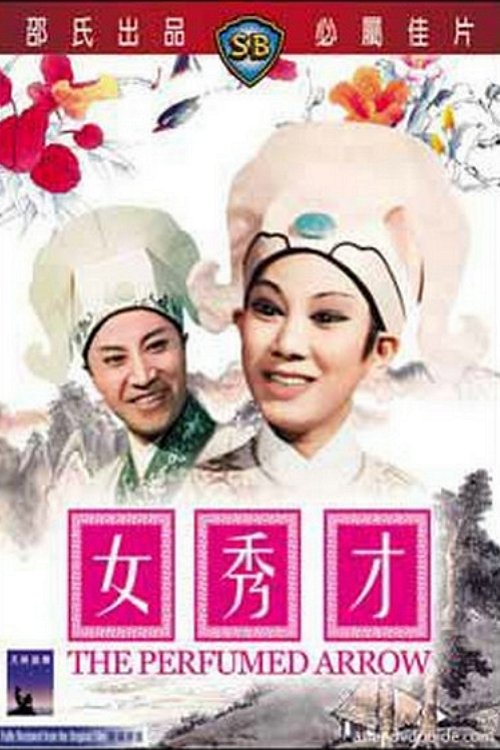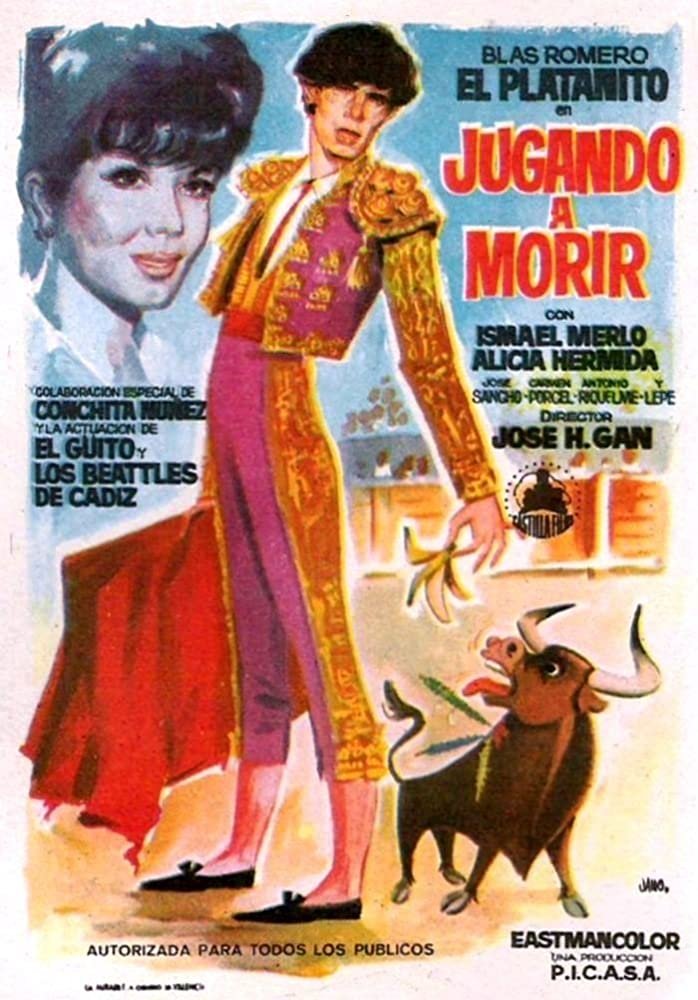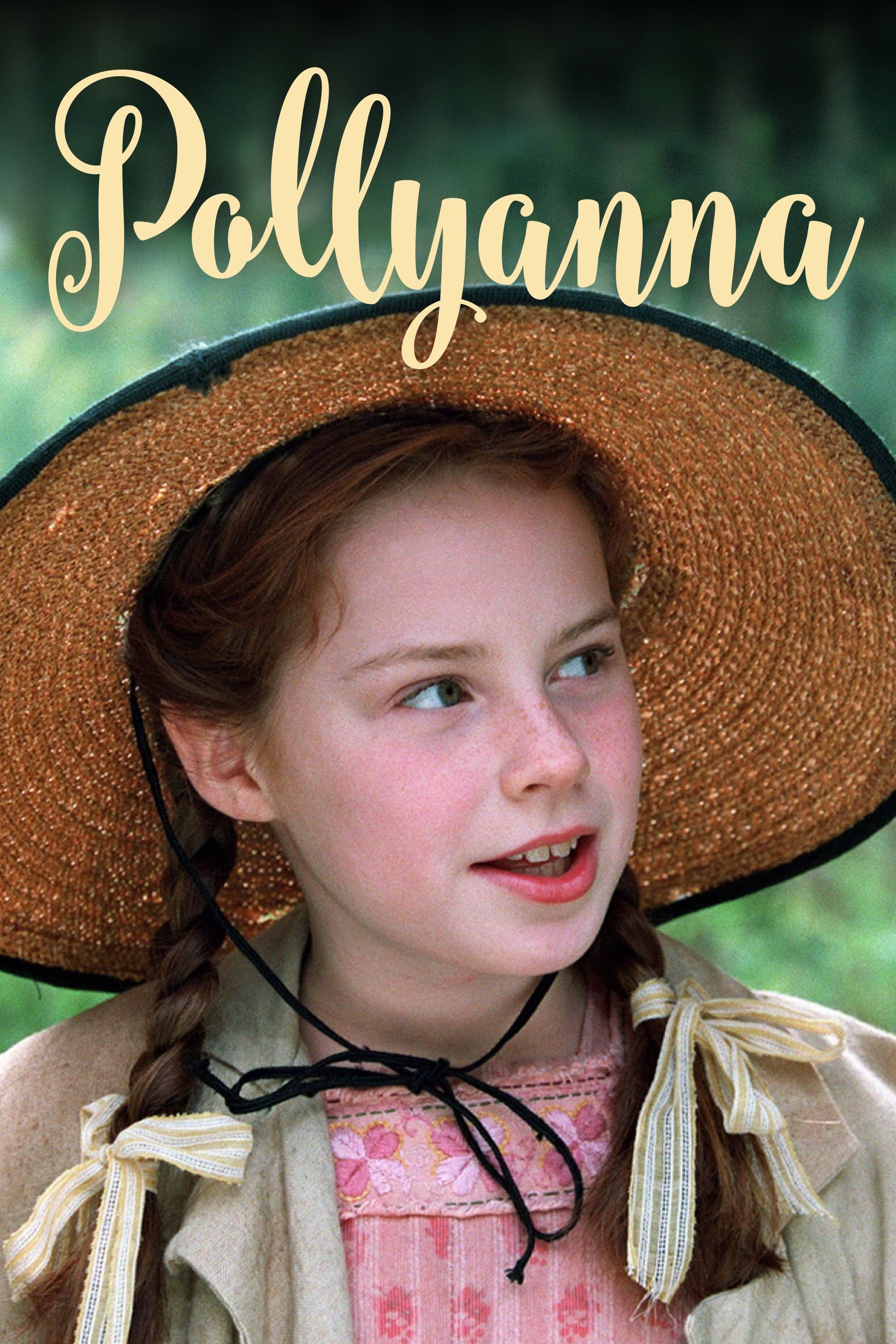
Pollyanna
Pollyanna Whittier goes to live with her wealthy but bitter aunt after the tragic death of her father. Pollyanna shares a game her father taught her -- the 'Glad Game' -- in which everyone can find a silver lining in even the darkest cloud, and her sunny nature, good humor and determination to look on the bright side of life prove to have an astonishing effect on those around her. With the help of her orphaned friend, Jimmy Bean, she casts her spell on the grumpiest townsfolk of Beldingsville -- including the cynical shut-in Mrs. Snow, the morose millionaire Mr. Pendleton and the enigmatic Dr. Chilton. And Pollyanna masterminds the romance between her Aunt's maid, Nancy, and the handyman, Tim. It is only Aunt Polly, who cannot bring herself to embrace Pollyanna's innocence and joy. But all is not straightforward in Pollyanna's war against pessimism, since she must overcome a personal tragedy that threatens to banish "glad" from her vocabulary forever.
1-Month Subscription
3-Month Subscription
6-Month Subscription
1-Year Subscription
No trailer available.



